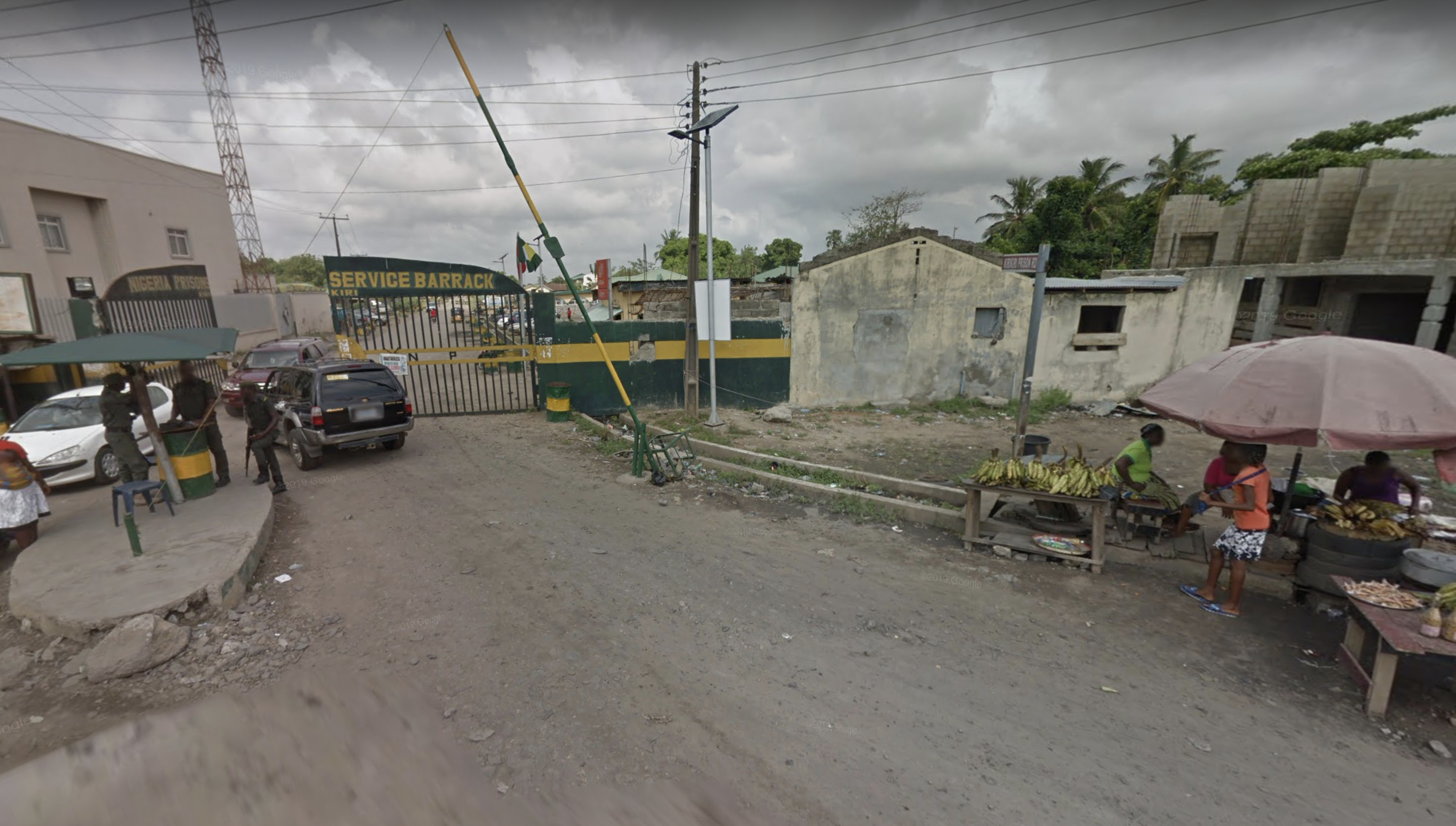Johnson’s Nigerian Prison Has Been Scrapped, but His Law and Order Agenda Is Still Racist
by Caren Holmes
24 September 2019

Boris Johnson’s plan to pay for the expansion of a Nigerian prison has fallen through, according to information obtained by FOI request. While the project’s cancellation exemplifies Johnson’s habit of making ill-conceived promises he cannot keep, the proposal itself offers important insight into our new prime minister’s wider carceral colonial vision of “law and order” – a vision he is currently trying to implement in the UK.
Eighteen months ago, Johnson, then foreign secretary, announced that he would spend around £700,000 of British taxpayers’ money to create 112 new beds at the Kirkiri Maximum Security Prison in Lagos. The expansion, in the form of an entire new wing to be added on to the existing facility, would have made it easier for the government to deport offenders who do not have British citizenship.
In response to a request for information on the progress of the prison expansion, the Foreign Office said: “the UK has decided not to proceed with the proposed construction project”, citing “challenges associated with design and cost”. It did not mention backlash to the project, which was widely criticised when it was announced in March 2018.
The new prison wing was intended to facilitate the deportation of incarcerated Nigerian ‘foreign nationals’ – often people who have families in the UK and may have been in the country for decades, some will even have been born here – who, under a 2014 prison transfer agreement between Nigeria and the UK, can be permanently deported and made to serve the remainder of their sentences in Nigerian prison facilities. The UK government, however, has faced difficulties making use of this agreement due to conditions in Nigerian prisons, which do not meet UN minimum standards and have been flagged by human rights observers for extreme overcrowding and extrajudicial killings.
While the cancellation of the prison construction is a big win for anti-deportation and anti-prison expansion advocates, its proposal offers insights into Johnson’s campaign for “law and order” – insights that are particularly important given his new role as prime minister. Though his plan to build deportation and prison infrastructure in ex-British colonies has been rejected, Johnson’s internal domestic prison and police expansion strategy echoes many the same priorities.
Researcher Connor Woodman notes that for hundreds of years the British colonies served as laboratories for the production of policing and incarceration tactics. The existing Kirikiri prison, for instance, was built under British colonial rule; its contemporary dehumanising and overcrowded conditions reflect the British carceral practices which built it.
It was threats to Britain’s colonial and imperial projects which drove the expansion of domestic intelligence and policing institutions. Officers returning from the colonies found work in the same institutions they served abroad, shaping the motivations of domestic “law and order” for generations, Woodman explains. Methods of social control which migrated back from the colonies, now manage populations of migrants – including Nigerians – who have since settled in the UK, many fleeing imperial violence.
This colonial exchange continues, evidenced not only by proposals to build prison facilities in ex-British colonies but also by the expansion of policing powers and prison infrastructure in the UK.
Since coming into office, Johnson has made a renewed commitment to build 10,000 new prison spaces across England and Wales.
Though the government claims new and ‘modern’ prison facilities will reduce rates of violence, the government’s most modern prison, HMP Oakwood, has some of the highest rates of violence and self-harm in the country. This suggests prison architecture and ‘modernisation’ is not a solution to the violent and dehumanising nature of incarceration.
In addition to building new mega-prisons, Johnson has committed to recruit 20,000 new police officers and to expand controversial stop-and-search powers, despite neither of these policies having been found to reduce rates of violence. But Johnson’s “law and order” strategy is not rooted in evidence but motivated to manage targeted populations through the expansion of tested methods of social control.
Black Britons, for instance, are already nine times more likely to be subjected to stop-and-search powers, the expansion of which is likely to widen this inequality.
In addition, the prison system already disproportionately punishes black, Asian and minority ethnic populations. People who have experienced state violence and neglect are also overrepresented; nearly a third of the people in prison experienced abuse as children, 24% were placed in the care system and more than half of incarcerated women have experienced domestic violence.
Johnson now aims to capitalise on the current economic, social and political crisis to expand prison and police powers, sequestering vulnerable populations to lengthy prison sentences and permanently expanding the state’s capacity for mass incarceration.
Tope, a British-Nigerian community organiser, said the government’s domestic prison expansion plan will harm and criminalise many of the same populations of people that would have been targeted by the construction of the Nigerian prison.
Between the recruitment of new officers (expected to cost £1.1bn), the construction of new mega-prisons (£2.5bn) and the investment in enhanced prison security (£100m), the government is spending billions on expanding a failing carceral system.
Community organiser Kelsey Mohamed believes this money could make a real difference to vulnerable people if it was spent on helping them instead of criminalising them. “The money propping up a failing prison system, strengthening police powers and branding chicken-boxes, should be used to finance the expansion and renewal of social services communities desperately need,” she said.
While there is hope that Johnson’s legacy of failure will ultimately derail his brutal and colonial campaigns for “law and order”, communities are in desperate need of investment into grassroots initiatives and social services outside of the carceral system which prevent and address the real harms that impact people’s lives.
Caren Holmes is an anti-carceral feminist organiser and MA candidate in Postcolonial Studies at SOAS.